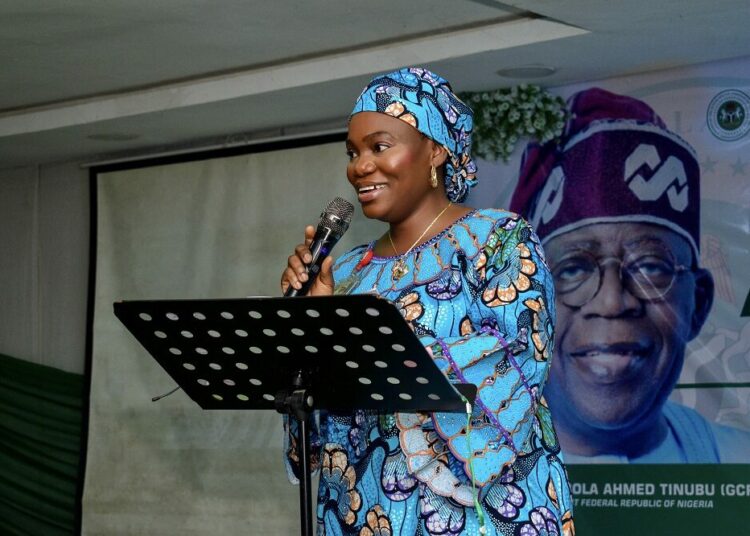Senior special assistant to the President on Community Engagement (North Central), Dr Abiodun Essiet, has said nearly 70 per cent of security challenges in the region can be resolved through non-kinetic means anchored on communities.
She made the assertion yesterday at the training for stakeholders in the North Central zone at the State House, Abuja.
Essiet said, “From our analysis, nearly 70 percent of the security challenges in the North Central can be addressed through dialogue, reconciliation, intelligence sharing and community engagement, rather than force alone.”
Recalling the June 5 launch of the Presidential Community Engagement Peace Initiative (PCEPI) in Jos, Plateau State, Essiet said, “The event was a significant step in our collective journey toward fostering unity, strengthening social cohesion and empowering communities to take ownership of their peace processes.”
She said in line with Nigeria’s implementation of United Nations Universal Periodic Review (UPR) recommendations, her office is partnering with the International Communities Organisation (ICO) on a project titled, “Promoting Community Peace and Strengthening Social Cohesion in North Central Nigeria.”
At the heart of the effort, Essiet said, is a grassroots network that leaves no local government area (LGA) behind.
The training featured sessions on Peacebuilding and Conflict Resolution, Conflict Dynamics and Community Engagement and Intelligence Gathering for Peace, alongside state breakout SWOT sessions to map risks, stakeholders and interventions.
The commandant-general of the Nigerian Forest Security Service (NFSS), Ambassador Joshua Osatimehin Wole, said Nigeria has 1,129 forest reserves, with 174 in the NorthCentral.
He called for tighter inter-agency cooperation and effective forest control, identifying Niger, Kwara and Benue as epicentres requiring enhanced surveillance.
The director of the MacArthur Foundation, Kole Shettima, underlined the centrality of stability to development: “Unless there is peace, you cannot do what you want to do. Peace is essential and paramount,” he said, urging the National Assembly to strengthen traditional institutions. We have to look historically at how our elders solved conflicts and learn from it.”
The project coordinator Jacob Alagbe said the programme brings state-level actors together to promote peaceful coexistence and social cohesion, with outputs feeding into state-specific action plans.





